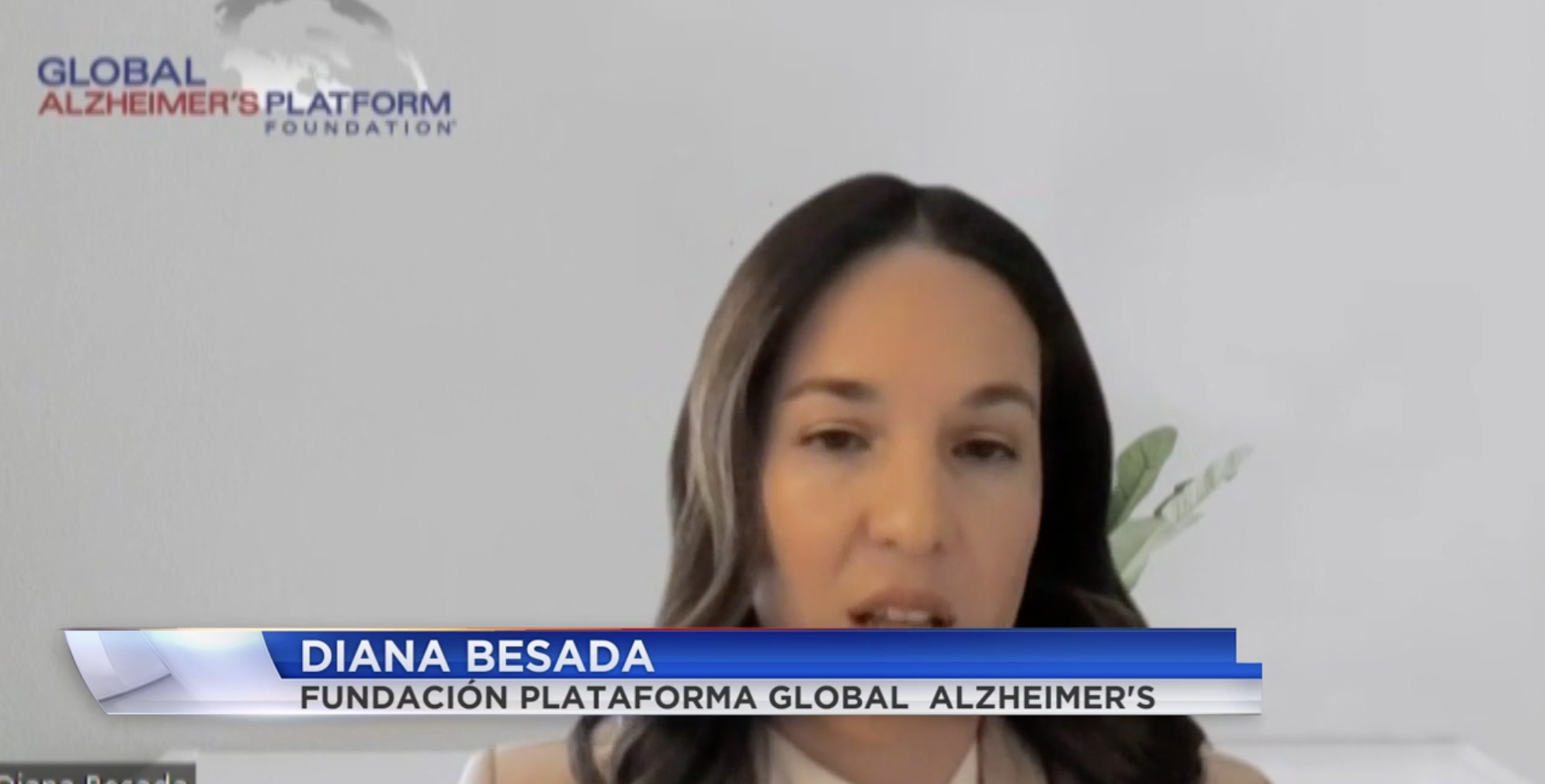by Barbara Campos – Telemundo
According to the conclusions of a new Alzheimer’s Association report, Hispanics are almost twice as at risk as other demographic groups, and caring for patients can place a heavy burden on households.
The report illustrates the need to allocate more resources and efforts to raise awareness about a degenerative disease that affects about 13% of Hispanics 65 and older. In Texas, this disease and other senile dementias are the second leading cause of death for older adults.
“There is a very large rate of Alzheimer’s in the Hispanic population and it is important that this community is represented in research,” said Diana Besada, representative of the Global Alzheimer’s Platform Foundation, a group that seeks to close the gap in the medical attention.
There is still no cure or explanation for the differences in the prevalence of this disease between different races and ethnic groups, so more resources are allocated to research.
“It has become more prevalent because there has been a change in the ways that it is being diagnosed, which is much more effective and sophisticated,” said Besada.
It is estimated that one in three older adults dies from Alzheimer’s or another type of dementia, more than the combined number of victims of breast and prostate cancer. According to Besada, caring for a patient represents an immense burden for their relatives, but often younger relatives see memory loss as part of the normal aging process.
More than 95% of doctors say they wait for their patients to tell them about the symptoms: “It is better that they go to a clinical center and take their loved one to see if it is normal or if there is something else,” said Besada.
Jessica Cantú has worked as a nurse for almost 20 years. After spending more than half of that time in the ER, she decided to pursue senior care. This involves caring for numerous Alzheimer’s patients, including his father: “My dad came to live with me seven years ago and he sadly passed away almost two years ago from Alzheimer’s.”
Based on statistics, it is also important to consider the physical and emotional effect on caregivers of a patient with Alzheimer’s versus other conditions. In Texas, more than 11% report frequent health problems and 26% say they suffer from depression.
“Of course, nothing keeps you or has you ready to take care of your own family member with a disease like this,” Cantu said.
The Global Alzheimer’s Platform Foundation operates free-of-charge clinical and research centers in Texas. The closest is in San Antonio.
For more reports, visit Globalalzplatform.org
This article was originally published by Telemundo
